Hello around the world
While the English language settled on “hello” as its customary greeting, other languages forged their own. Some were influenced by English, others developed independently – yet each carries a distinct cultural flavour,…
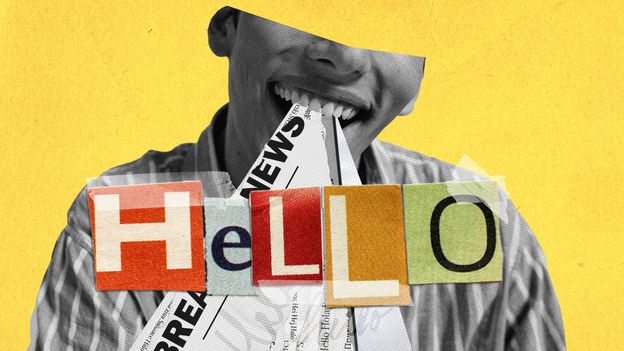
While the English language settled on “hello” as its customary greeting, other languages forged their own. Some were influenced by English, others developed independently – yet each carries a distinct cultural flavour,…
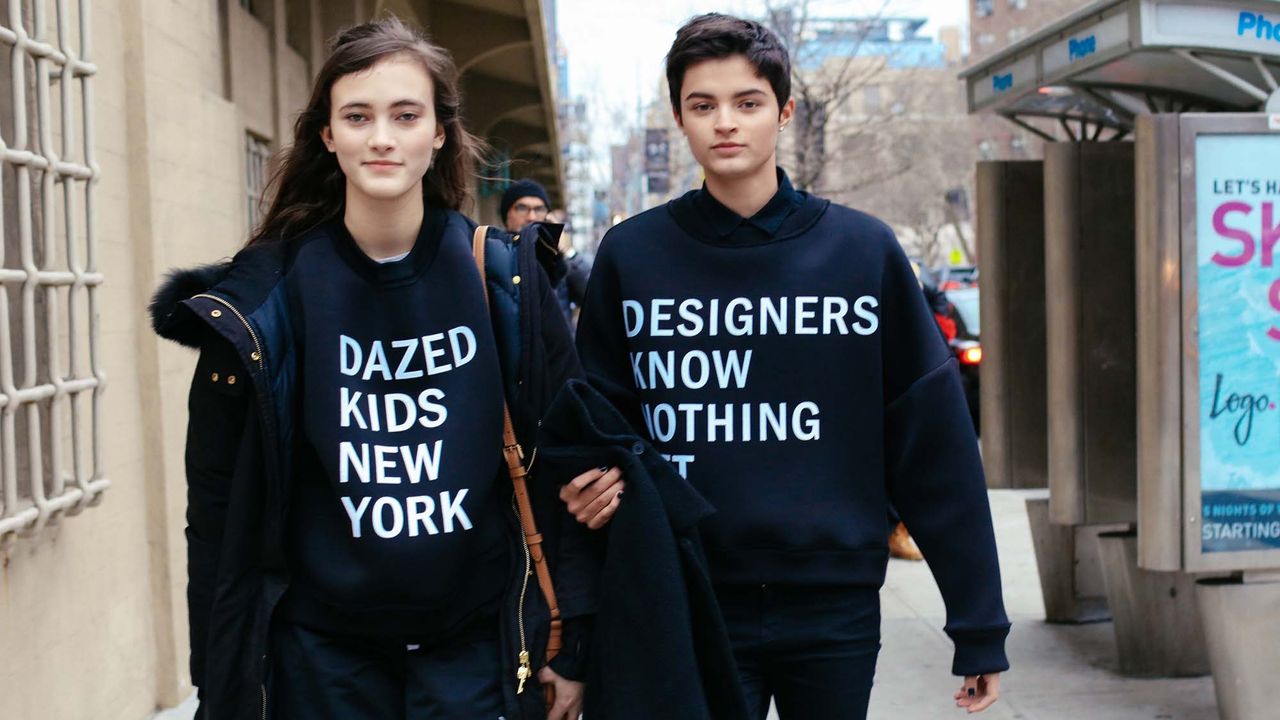
Everyone’s posting their throwback photos from 2016, so we decided to join the trend by looking back at fall 2016. This was the season that A$AP Rocky threw a Fashion Week party so buzzy that the fire department shut it down at 9 p.m. And he…

Michelle Randolph has finally broken her silence on continuous chatters about her romance with Glen Powell.
The couple first sparked…

Angela FergusonNorth West
 Getty Images
Getty ImagesA proposed in-hospital cinema in Manchester would bring a touch of “magic” to the lives of patients and their families, Rachael and…

Welcome back to Beauty Marks: Vogue’s weekly edition of the best moments in celebrity beauty, from Vogue editors’ IG feeds, and all the glam of the fashion and pop culture landscapes. Each week, we curate the nail art to pin for your next…
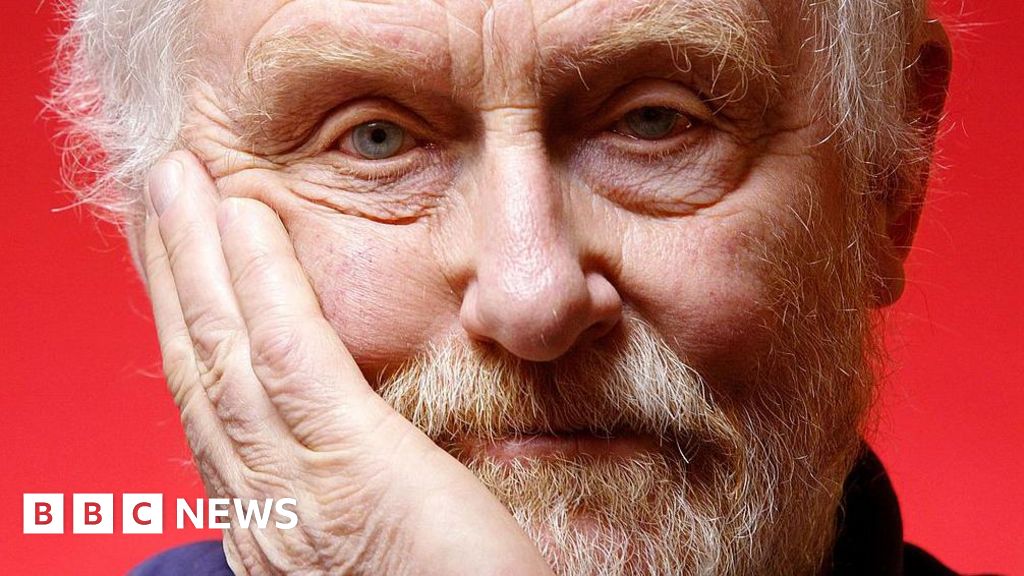
Dave GilyeatSouth of England
 Getty Images
Getty ImagesGet Carter and Flash Gordon director Mike Hodges “felt very forgotten” and was frustrated that he could not get another film…
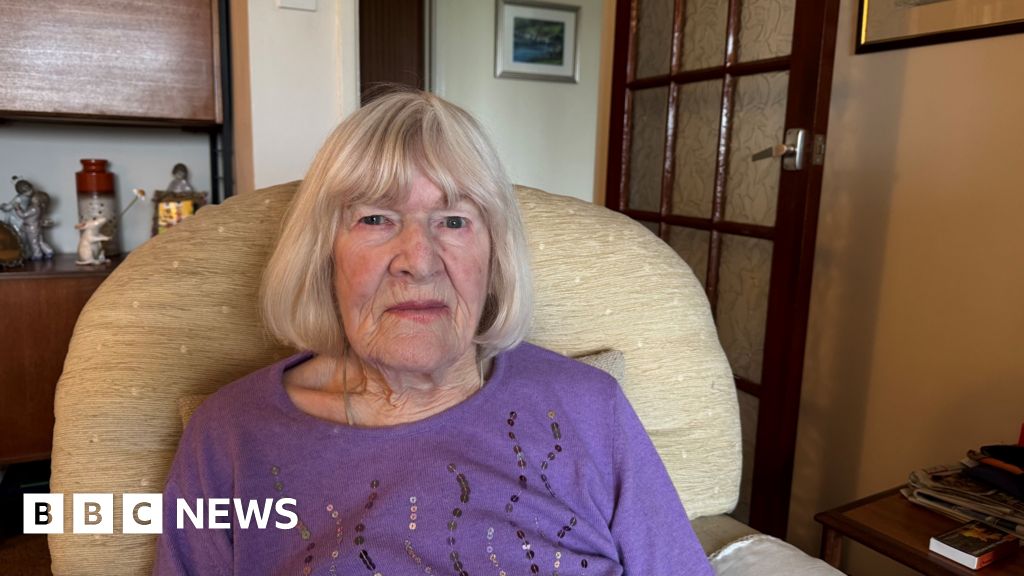
A 96-year-old woman who lives alone and had five days without electricity because of Storm Goretti, said the community spirit reminded her of living during the blitz.
Pat Shepherd said friends and neighbours rallied to help her and others in and…
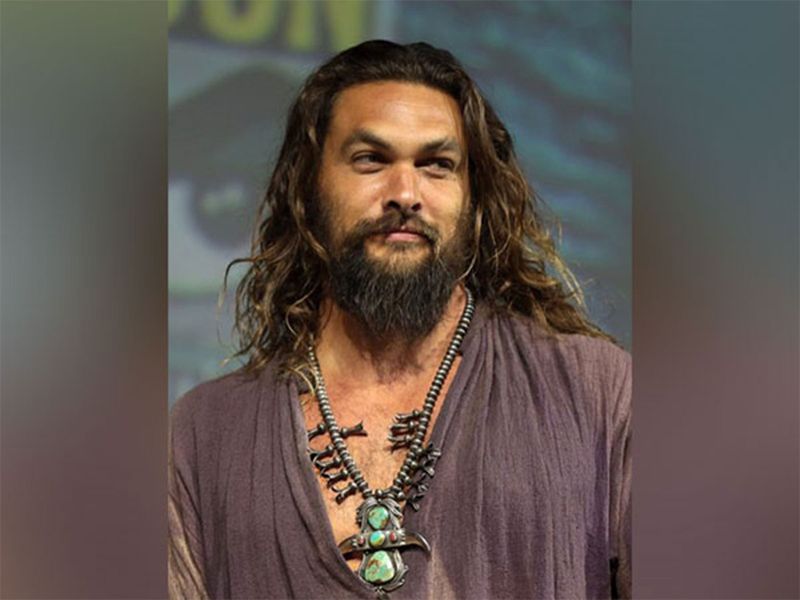
Actor Jason Momoa has shared an update on the sequel to ‘A Minecraft Movie’, saying production on the follow-up film is set to begin very soon, according to Deadline.
Momoa, who starred in the first film as champion gamer Garrett ‘The Garbage Man’…

Michelle Randolph has finally addressed the rumors of dating Glen Powell.
In a…